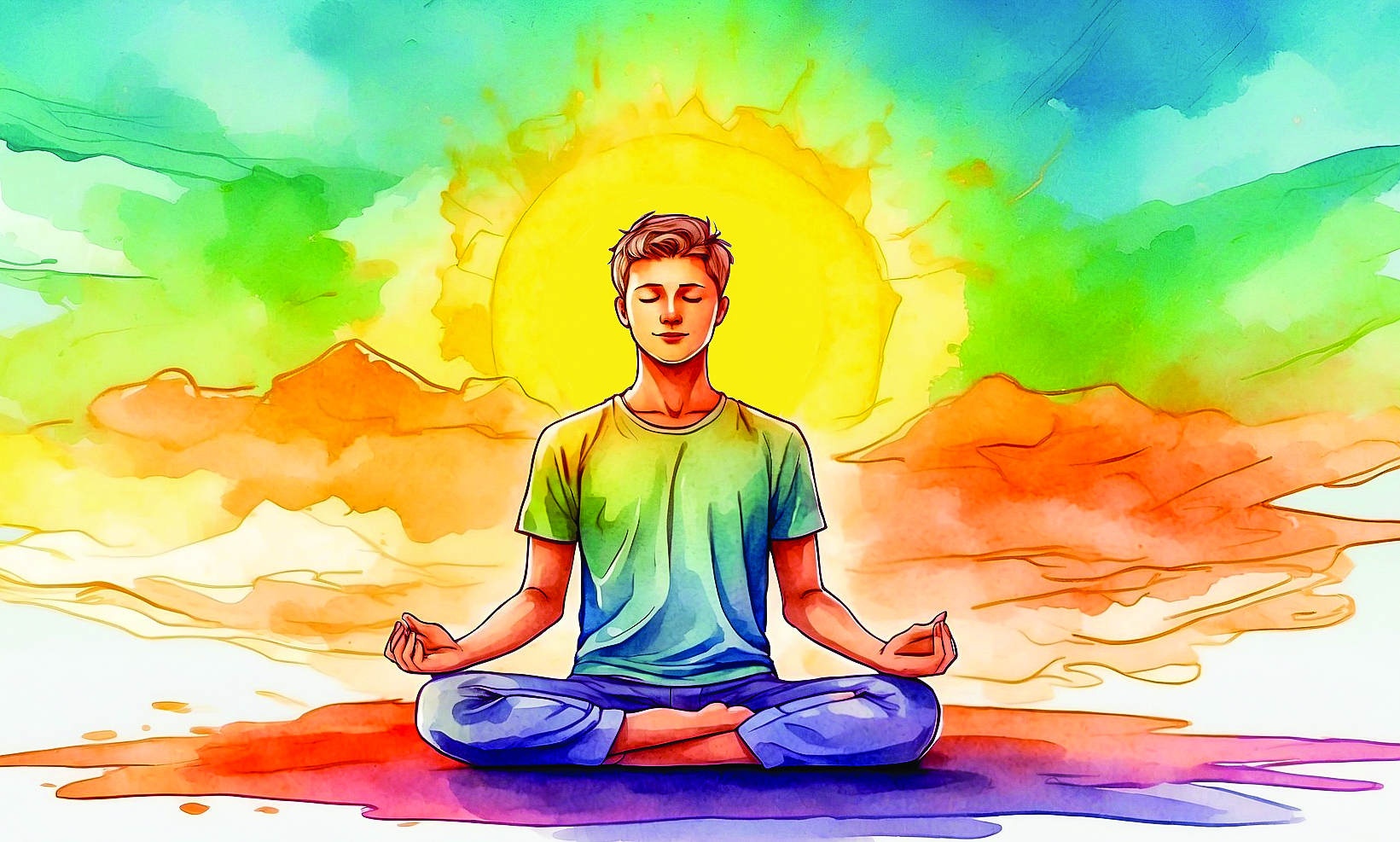If you were to speak to everyone else in the same way as you speak to yourself, how many friends would you have?”
It is curious, that most of us would probably consider ourselves to be a good friend to others. We can be kind and encouraging; uplifting friends when they are feeling down and pointing out their strengths when they are only able to see their shortcomings – and yet we speak to our own selves in critical, belittling language. We spend time comparing ourselves to others, mostly in a negative light. We have unrealistic expectations of ourselves, taking on more and more responsibility until we become overwhelmed. Where does this kind of inner dialogue come from, and why on earth do we do that to ourselves?
This behaviour is learned. It is based on beliefs that we have accumulated over time from our education system, family, friends, and experiences that have resulted in patterns of thinking that may at one time have been used to keep us safe, but no longer serve us. Everything that is negative, that causes me stress or discomfort, originates from ‘outside’. When I experience the awareness of the real self, the soul, the amazing being of light living within the body, I understand that I am eternally and originally a being of peace, love, and happiness.
Science has discovered that by repeating a certain kind of behaviour over and over again, we create neural pathways that become ‘wired’, and thereby create unconscious habits that we continue to follow. However, these are not, as previously thought, set in stone. The top three methods to change a habit we no longer require are:
1. Meditation
2. Self-compassion
3. Setting realistic goals and expectations
Meditation means slowing down. We learn to view the mind like a cinema screen. Thoughts will play across the screen of the mind; thoughts that are neither good nor bad, unless we interpret them as such. Once we perceive the interpretation we are giving to a thought or behaviour, all we need to do is change the trajectory – and make a new neural pathway. That is why meditation, practised on a constant, regular, and daily basis, allows new brainwave patterns to form in a strong and powerful way.
If we wish to begin to speak in a loving, positive, kind, and productive way to the self, then we need to adopt self-compassion. Self-compassion can take many forms. We can begin to make positive affirmations, giving the self power and belief in what we are truly capable of. We can begin keeping a journal, to give ourselves the opportunity to be totally honest and understand where the inner critic is coming from. We can use an ’attitude of gratitude’ and list, each day, all the things we are grateful for – especially the valuable qualities that we have.
In setting realistic goals and expectations, we can create a self-kindness plan. It could start with making sure that we have a quiet time of meditation each morning – when we speak to the self with great kindness and compassion, just as our closest friend would do. We can prepare a daily plan of action, or a weekly one, or one for the month. For example, perhaps we know that a tricky meeting is on the horizon, so we can send light and love to all those who will be involved, and include the self in that light and love.
It is the practice of meditation that is the key. We return to the real self, and become a peaceful, happy, loving, and contented person who can learn to laugh at the critical voice. It may not go away overnight – new habits feel uncomfortable and new paths are forged with a little work – but it is only I who can do that work. However, we all have an eternal friend of light and power to make the transition easier. That is the Supreme Being of light with whom I can share my inner feelings. In that conversation, I feel surrounded by a beautiful energy and a peace that reminds me of something far greater than all the noise of this world, of a stillness so profound that my whole being sits in a world of light and peace.
It is through meditation that I can access this awareness, and by doing so put everything in perspective and quietly begin to silence the inner critic, consciously choosing, and having the power, to change the inner dialogue.
Kathryn Hendry is the coordinator for Brahma Kumaris activities in Brussels, Belgium.






